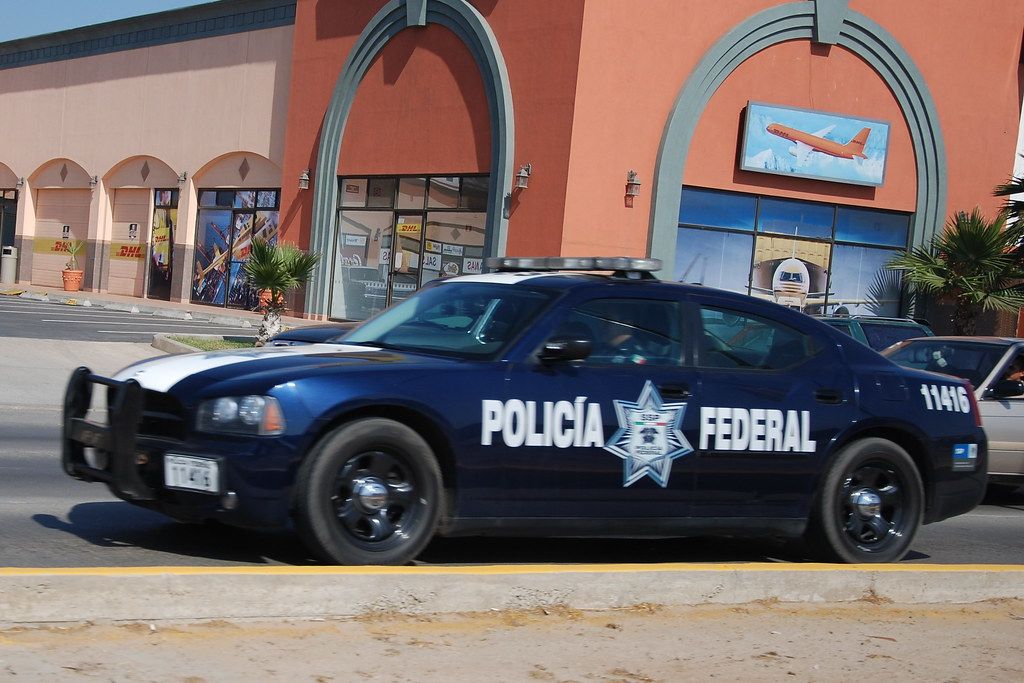Mexico is one of the most popular travel destinations in the world, attracting millions of visitors every year. It offers something for everyone, from stunning beaches, gorgeous mountains, lovely cities, and amazing ruins, to colorful festivals and delicious food. However, Mexico also has a reputation for being unsafe and dangerous, due to the high levels of crime and violence that plague the country. In recent years, Mexico has been featured in a number of unsettling news stories that have many travelers wondering if it is safe to travel to the country.
Is Mexico safe for traveling? The short answer to the question is: yes, it is perfectly safe to visit the popular tourist destinations. However, you should always take proper precautions, do your research, and use your head wisely. The U.S. State Department has issued elevated travel advisories for several Mexican states, including a few popular with tourists as well as several bordering the USA. These travel advisories are mostly related to gang-related crime.
The Facts and Statistics About Crime and Violence in Mexico
Crime and violence are serious and widespread problems in Mexico, affecting many aspects of life and society. The main causes and types of crime and violence in Mexico are related to drug trafficking, organized crime, corruption, and poverty. These factors fuel a vicious cycle of violence, impunity, and insecurity, that affects both locals and foreigners. According to the official data from the Mexican government, there were 36,579 homicides in Mexico in 2020, a slight decrease from 2019, but still one of the highest rates in the world.
However, crime and violence are not evenly distributed across the country, as some regions and states are more affected than others. For instance, Tamaulipas, Guerrero, Michoacan, and Zacatecas are among the most violent states. While it is true that some parts of Mexico are suffering from drug-related violence, these areas are far from the country’s tourist destinations such as Cancún and the Riviera Maya, Cozumel, and Los Cabos.
The Travel Advisories and Warnings
Another thing you need to know about traveling safely and responsibly in Mexico is the advice and guidance from different sources and authorities. Travel advisories and warnings are official statements or recommendations issued by governments or organizations, that inform travelers about the level of risk and the precautions to take when traveling to a certain destination. They are based on various factors and criteria, such as the security situation, the health conditions, the natural disasters, and the political events in the destination. For details regarding current travel advisories, see the full advisory from the U.S. State Department here.

There is no evidence that organized criminal groups have targeted U.S. visitors or residents based on their nationality. Resort areas and tourist destinations in Mexico generally do not see the levels of drug-related violence and crime that are reported in the border region or in areas along major trafficking routes. As when you travel anywhere in the world, it is important to exercise common sense, familiarize yourself with the most up-to-date travel warnings, and be aware of your surroundings while traveling.
Frauds and scams in Mexico
cams and frauds are common and widespread problems in Mexico, and travelers should be aware and alert of them, and avoid falling victim to them. Some of the common and typical scams and frauds in Mexico are:
Taxi scams
Some taxi drivers may try to overcharge you, take you to the wrong destination, or claim that your hotel or attraction is closed or full, and offer to take you to another place where they get a commission. To avoid taxi scams, you should use official and registered taxis, agree on the fare before getting in, use a map or a GPS to check the route, and avoid taking taxis from the street or the airport.
ATM scams
Even though this is very rare, there are some ATM machines that may be tampered with or hacked by criminals, who may try to steal your card, your PIN, or your money, or charge you extra fees or commissions. Always use ATM machines that are located inside banks, hotels, or malls, cover the keypad when entering your PIN, check your balance and your receipts, and report any suspicious or unusual activity.
Shopping scams
Shopping scams are pretty common in Mexico. There are sellers who will try to rip you off, sell you fake or low-quality products, or charge you extra taxes or fees, especially in touristy or crowded places, such as markets, shops, or street stalls. To avoid these scams, you should haggle and negotiate the price, check the quality and the authenticity of the product, ask for a receipt and a warranty, and pay with cash or credit cards.
Safety tips
- Avoid walking alone at night or in unfamiliar areas.
- Keep your valuables out of sight and secure your bag or backpack.
- Be aware of your surroundings and avoid distractions such as headphones or cell phones.
- Don’t flash large amounts of cash or expensive items.
- If you feel threatened or harassed, seek help from a nearby shop, restaurant, or police station.
FAQ
Is Mexico safe for travel?
Mexico is generally safe for travelers and travelers rarely get into trouble. Still, the safety situation in Mexico does vary considerably by region, so always check travel advisories before organizing your trip. Also, take common precautions and everything will be okay.
Do I need travel insurance for Mexico?
Travel insurance is a must-have for any traveler, especially for traveling to Mexico, as it can protect you from unexpected and costly events, such as accidents, illnesses, thefts, or cancellations.
How to handle emergencies in Mexico?
Emergencies can happen anytime and anywhere, and travelers should be prepared and ready to handle them and seek help and assistance when needed. Always memorize the emergency numbers and contacts in Mexico, such as 911 for general emergencies, 078 for tourist assistance, and the number of your embassy or consulate in Mexico.
Check out more articles about Mexico:

